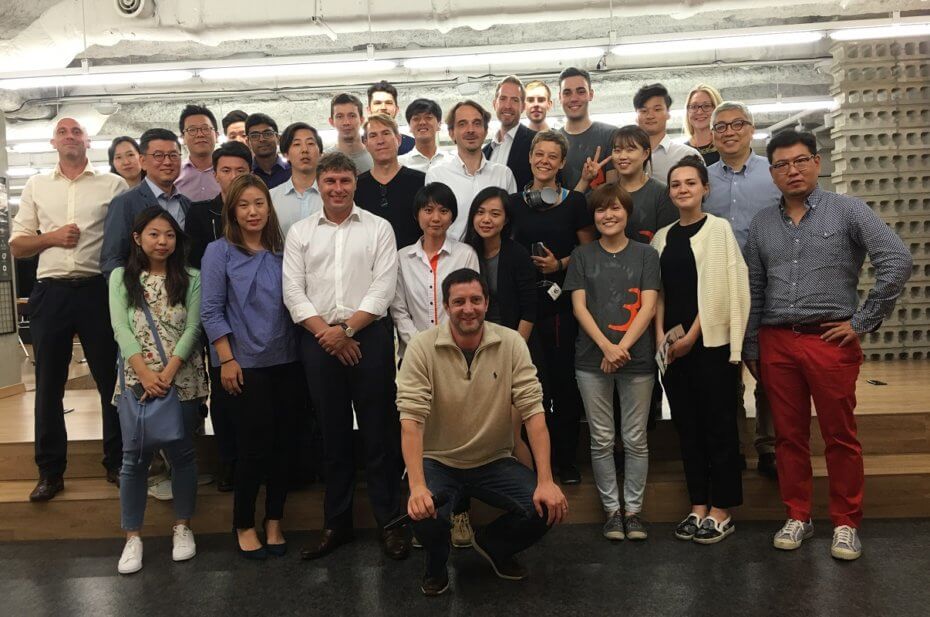
South Korea’s startup scene finally looks ready to go international.
The Korean government is extending Korea’s international reach in startup circles through initiatives like its fintech bridge with the UK. It’s also encouraging international startups to enter Korea through programs like K-Startup Grand Challenge.
Seoul city government is also out to attract globally minded entrepreneurs and has established Seoul Global Startup Center to directly support foreigners who want to start up in or expand to Seoul.
And home-grown Korean startups are beginning to realize the benefits of racial diversity in their workforces and are investing more effort into breaking into unfamiliar markets.
The government’s role in improving startup diversity
For the most part, government bureaucrats and entrepreneurs don’t mix, but Korea’s flourishing economy is in large part thanks to large scale government involvement.
In 2013 the Korean government partnered with the nation’s largest conglomerates to boost Korea’s economy and grow its startup ecosystem. Under this initiative $2 billion dollars annually was invested in a raft of support initiatives, including matching funds, startup conferences, overseas acceleration, domestic mentorship programs, and much much more.
Recently K- Startup Grand Challenge provided 40 foreign startups with grants and acceleration in Seoul. Additional funding of up to $130,000 was provided for 20 startups with the highest growth potential.
The newly created OASIS Start Up Visa program has also made it a little easier for foreigners to grow their businesses in Korea.
Influx of foreign investors, students
Business people from Asia and beyond are turning to Seoul in larger numbers than just five years ago. With a top 15 global economy, Korea is now a wealthy market, and the world is investing. Global executives from multinational corporations are now rubbing shoulders with foreign entrepreneurs in the city’s large number of trendy bars, and Seoul is steadily becoming more cosmopolitan.
Foreign investment in Korean businesses increased 13.4 percent last year. The number of foreign students – read future professionals – studying at Korean universities is also at a record high.
Korean startups target international markets
Local startups are looking to expand beyond Korea’s borders, but success cases are still rare. Those that are able to capture an international audience often find the most success via crowdfunding. While not all campaigns are successful (non-American companies face various challenges), there have been some resounding successes.
Solar Paper became the first Korean crowdfunding campaign to reach $1 million in August of 2015. Bagel Labs ($1.3 million) and Ripplebuds ($750,000) have also enjoyed success running their campaigns from temporary offices in the USA.
The Korean startup ecosystem is maturing
Five years ago there was one accelerator, a handful of VCs, and a small, discreet angel investment scene. Mentors with exits to their name were rare, because exits were rarer than unicorns.
Much of that has transformed beyond recognition since 2013.
Accelerators like Sparklabs and Future Play, coworking spaces and incubators like Google Campus, Maru180, and D Camp have become plentiful. In fact, at last count there are 20+ accelerators in operation in Seoul. While many are fueled by government handouts, the bustle of activity is a positive sign.
Dozens of funding sources…

